10 Low Cortisol Symptoms
Cortisol is a hormone in the body that helps in the regulation of various vital processes such as the immune response and metabolism. It is one of the glucocorticoids produced in the adrenal glands and released to the body.
Since there are many cells that contain cortisol receptors, it can generate many different reactions depending on which cell it acts on. Some effects include regulation of metabolism, blood sugar levels, memory formation, anti-inflammatory roles, blood pressure control, and balancing salt and water levels in the body. In pregnant women, it also plays a role in the development of the fetus. Cortisol has a diurnal rhythm where it is higher in the morning and falls throughout the day. This pattern is reversed for individuals who work at night.
Cortisol secretion is controlled by three main regions: the hypothalamus, the pituitary glands, and the adrenal gland. This makes it known as the hypothalamic-pituitary-adrenal axis. Issues can occur when an individual has too much (such as Cushing’s syndrome) or too little cortisol (such as Addison’s disease and congenital adrenal hyperplasia). Those suspected with having too much or too little cortisol should be assessed by an endocrinologist. This article discusses 10 symptoms of low cortisol.
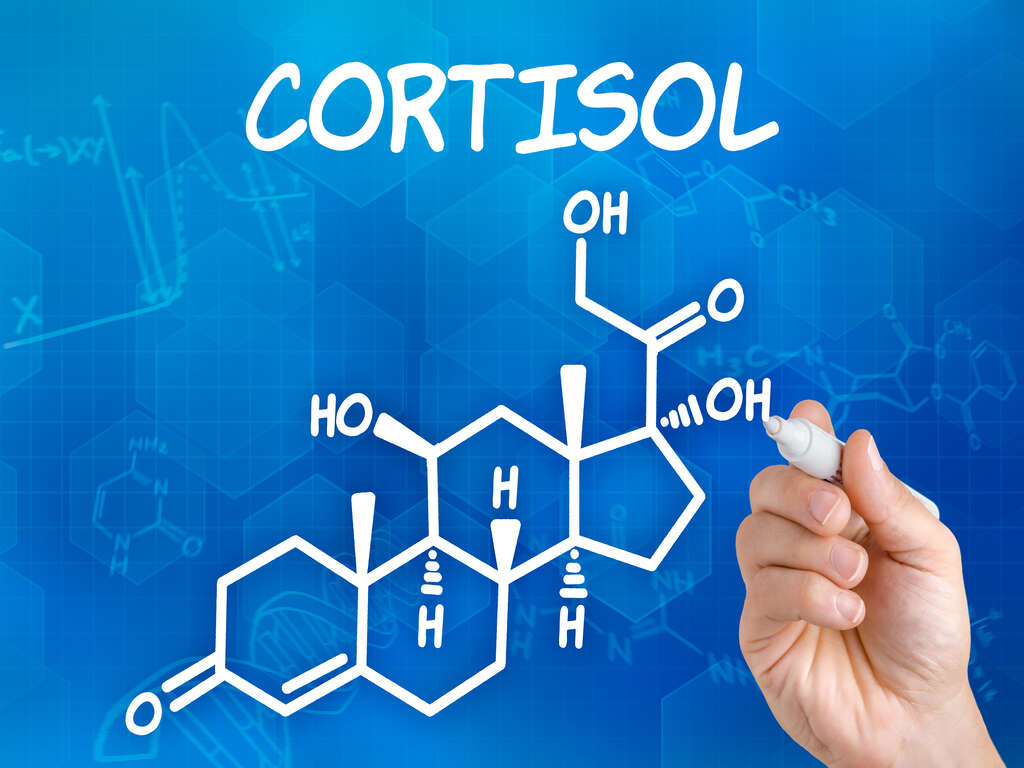
Symptom #1: Hypoglycemia
Hypoglycemia, or low blood sugar, occurs when blood sugar levels drop below normal. When hypoglycemia occurs, the affected individual may experience loss of consciousness, clumsiness, difficulty with speech, seizures, and death.
Symptoms such as anxiety, palpitations, sweating, pallor, and headache can occur rapidly. The commonest cause of low blood sugar is due to medications that are used in the treatment of diabetes. It also occurs in individuals with low cortisol as cortisol is involved in the regulation of blood sugar.
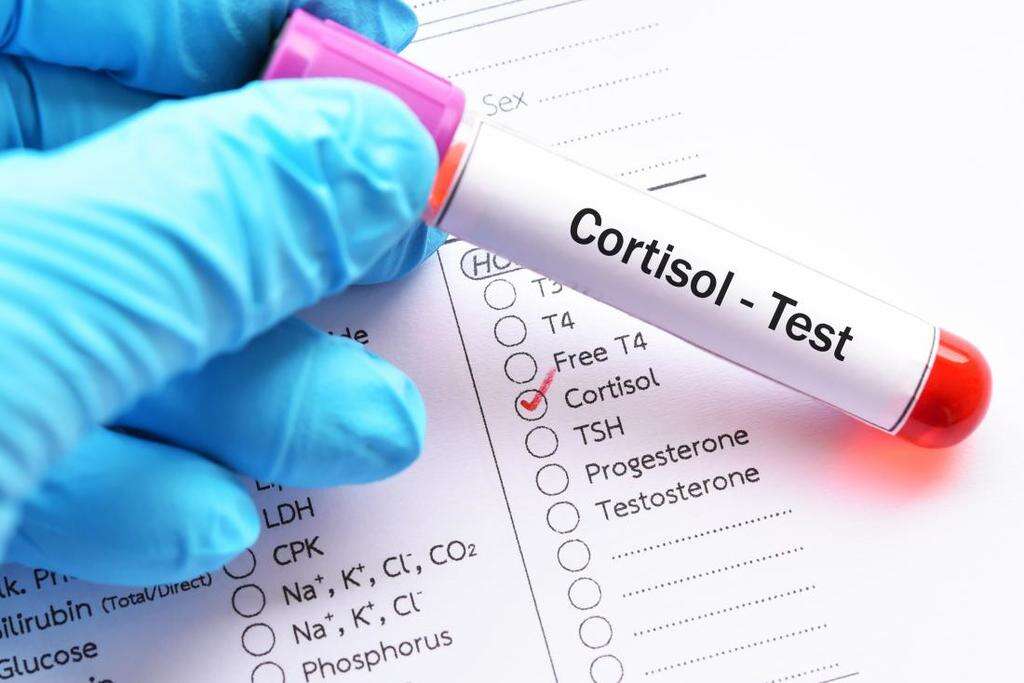
Symptom #2: Irritability
Cortisol plays an important role in the control of the circadian rhythm which is our biological alarm clock. This is why cortisol levels increase during the early morning to help us wake up.
If cortisol levels are low, the patient will have problems related to their sleeping cycle and this might cause them to behave differently becoming irritable over time.

Symptom #3: Weight Loss
Weight loss occurs when there is reduction of total body mass due to loss of adipose tissue, muscle mass, fluid, bone mineral deposits, and various connective tissue. It can occur intentionally or unintentionally. When it occurs intentionally, it is usually as a conscious effort to improve the state of health or appearance. Unintentional weight loss can occur due to disease or malnourishment.
There are four general mechanisms that lead to weight loss: impaired food intake, impaired absorption or digestion of nutrients, excessive loss of nutrients, and altered requirements. Weight loss may occur in person’s with low cortisol as cortisol plays a role in metabolism.

Symptom #4: Abdominal Pain
This a non-specific symptom that can be caused by many conditions. In the context of a patient suffering from an acute adrenal crisis, this symptom is very important for rapid clinical diagnosis.
If this is the case, the patient could have a hemorrhage in the adrenal gland and this would be the cause of the pain. This is a medical emergency and if this condition is suspected, the patient would be very deteriorated and in great need of medical attention.
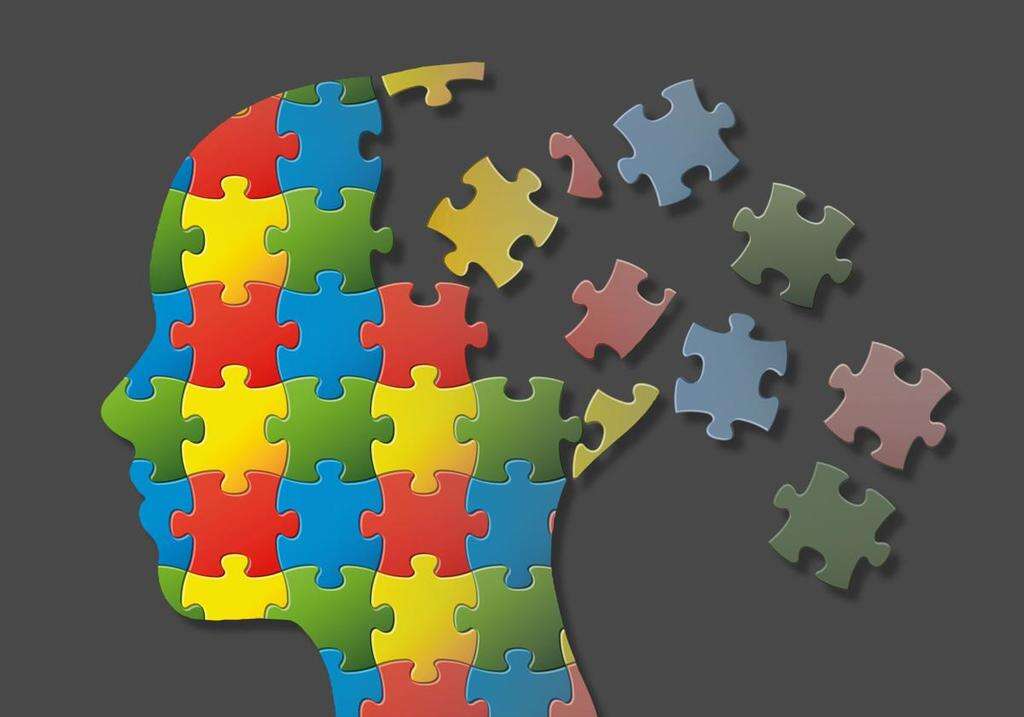
Symptom #5: Hypotension
Hypotension, or low blood pressure, occurs when the systolic blood pressure is less than 90 mmHg or when the diastolic blood pressure is less than 60 mmHg. In practice, hypotension occurs when there are symptoms present. Severely low blood pressure can lead to a life-threatening condition known as shock. A lower blood pressure can also be seen among individuals who are in top physical condition as a sign of good health and fitness.
Individuals with low blood pressure may experience chest pain, breathlessness, dizziness, headaches, and fainting. Hypotension can occur among patients with low cortisol as it plays a role in the regulation of blood pressure.

Symptom #6: Myalgia
Myalgia or muscle aches is a common symptom often seen in various conditions and diseases. It is most commonly due to overuse or overstretching of the muscles. Other causes of myalgia include viral infections, injuries, side effect of medications, fibromyalgia, and autoimmune disorders.
The treatment of myalgia would depend on the underlying cause. Treatment options can be symptomatic using nonsteroidal anti-inflammatory drugs (NSAIDs), heat, rest, muscle relaxants, and paracetamol (acetaminophen). Besides myalgia, joint pain and muscle spasms may also occur among individuals with low cortisol levels.

Symptom #7: Skin Issues
One of the main characteristics among individuals with low cortisol levels would be hyperpigmentation of the mucous membranes and skin. This is due to the stimulant effect of excessive adrenocorticotrophic hormone (ACTH) that binds to the melanocortin 1 receptor to produce melanin.
While hyperpigmentation is typically generalized, it is usually most prominent on the sun-exposed areas such as knees, elbows, knuckles, extensor surfaces, and scars. Other areas that may be affected include the nail beds, palmar creases, mucous membranes of the oral cavity, perianal, and vaginal mucosa. Other skin issues that may occur among those with low cortisol levels include vitiligo, where white patches appear on different parts of the body.
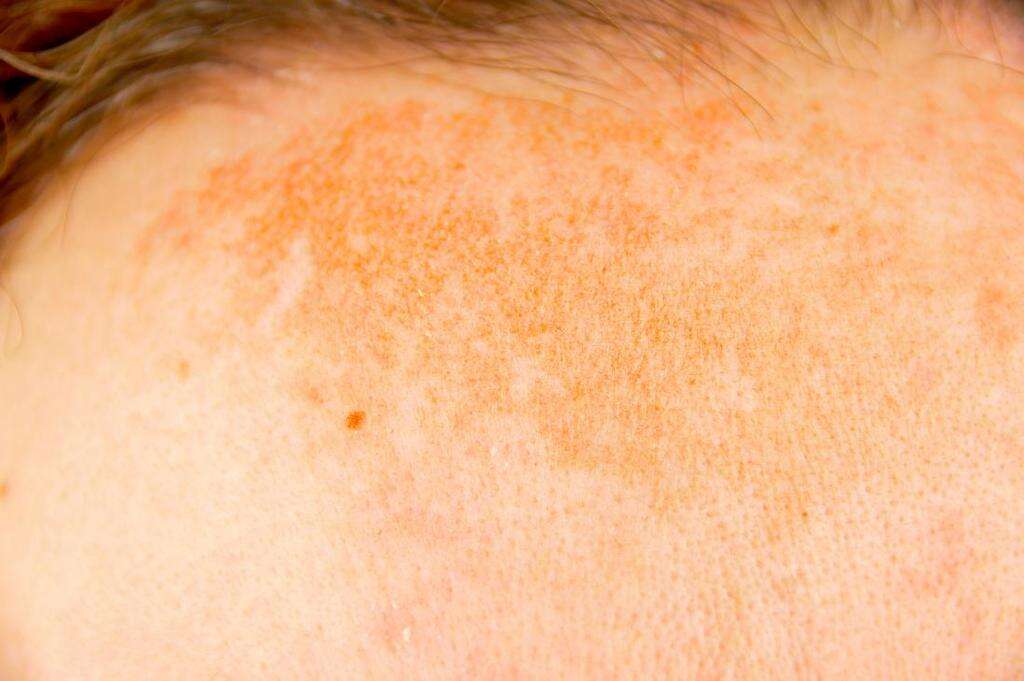
Symptom #8: Weakness and Fatigue
Weakness is a common symptom that can often be divided into true or perceived weakness. True weakness is usually seen in skeletal muscle diseases such as inflammatory myopathy and muscular dystrophy. Perceived muscle weakness is used to describe the situation where an individual feels that more effort is required to exert an amount of force despite having normal muscle strength.
Fatigue is a gradual feeling of tiredness that can usually be alleviated by rest. It can be divided into physical and mental fatigue. Both weakness and fatigue may occur in patients with low cortisol levels as cortisol affects metabolism.

Symptom #9: Circulatory Collapse
Circulatory collapse can be defined as failure of the circulation. The circulatory system generally maintains the oxygen and nutrient supply to other parts of the body and removes wastes such as carbon dioxides and metabolites. Common causes of circulatory collapse would be shock or trauma due to surgery or injury.
Circulatory collapse can be generally divided into peripheral and cardiac circulatory collapse. It can occur among patients with low cortisol as cortisol plays an important role in various functions such as regulation of blood sugar, blood pressure, metabolism, immune response, and helping the body respond to stress.
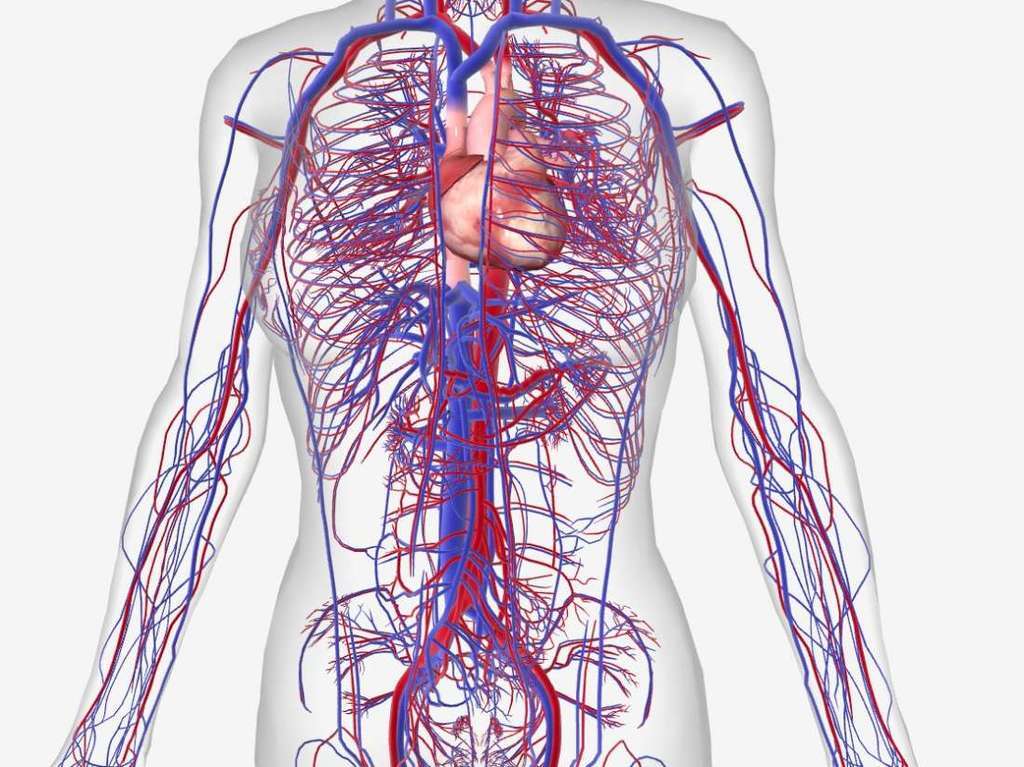
Symptom #10: Gastrointestinal Issues
Some of the gastrointestinal issues that may occur among individuals with low cortisol include nausea, vomiting, and diarrhea. Nausea is an unpleasant sensation where there is an urge to vomit. Although it may not be painful, it can be debilitating as it places discomfort on the upper abdomen, chest, and throat. Vomiting occurs when there is involuntary expulsion of stomach contents through the mouth and nose. Diarrhea can be defined as having three or more episodes of loose bowel movements.
Nausea, vomiting, and diarrhea are common gastrointestinal symptoms that can be seen in viral infections and food poisoning. All three are common and nonspecific symptoms that may occur in individuals with low cortisol levels.












